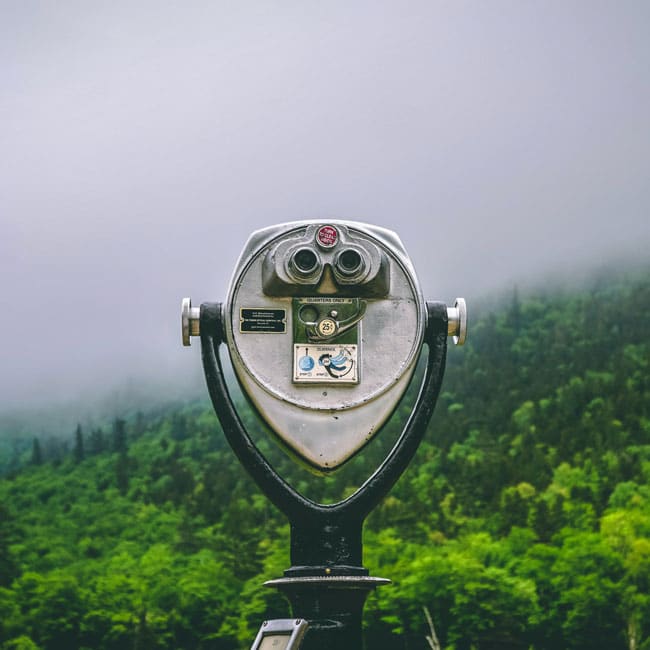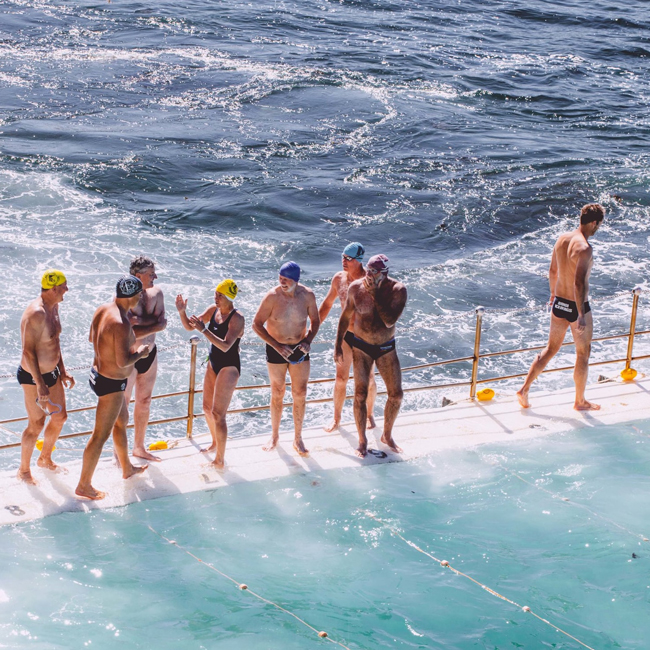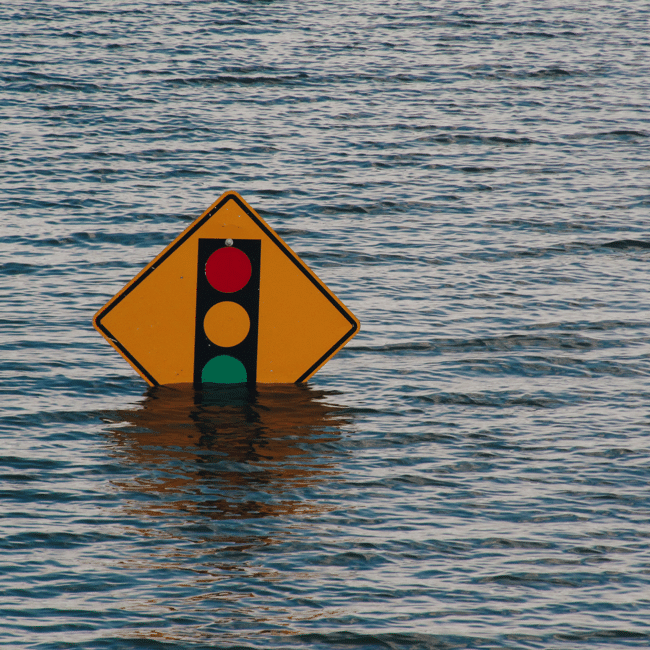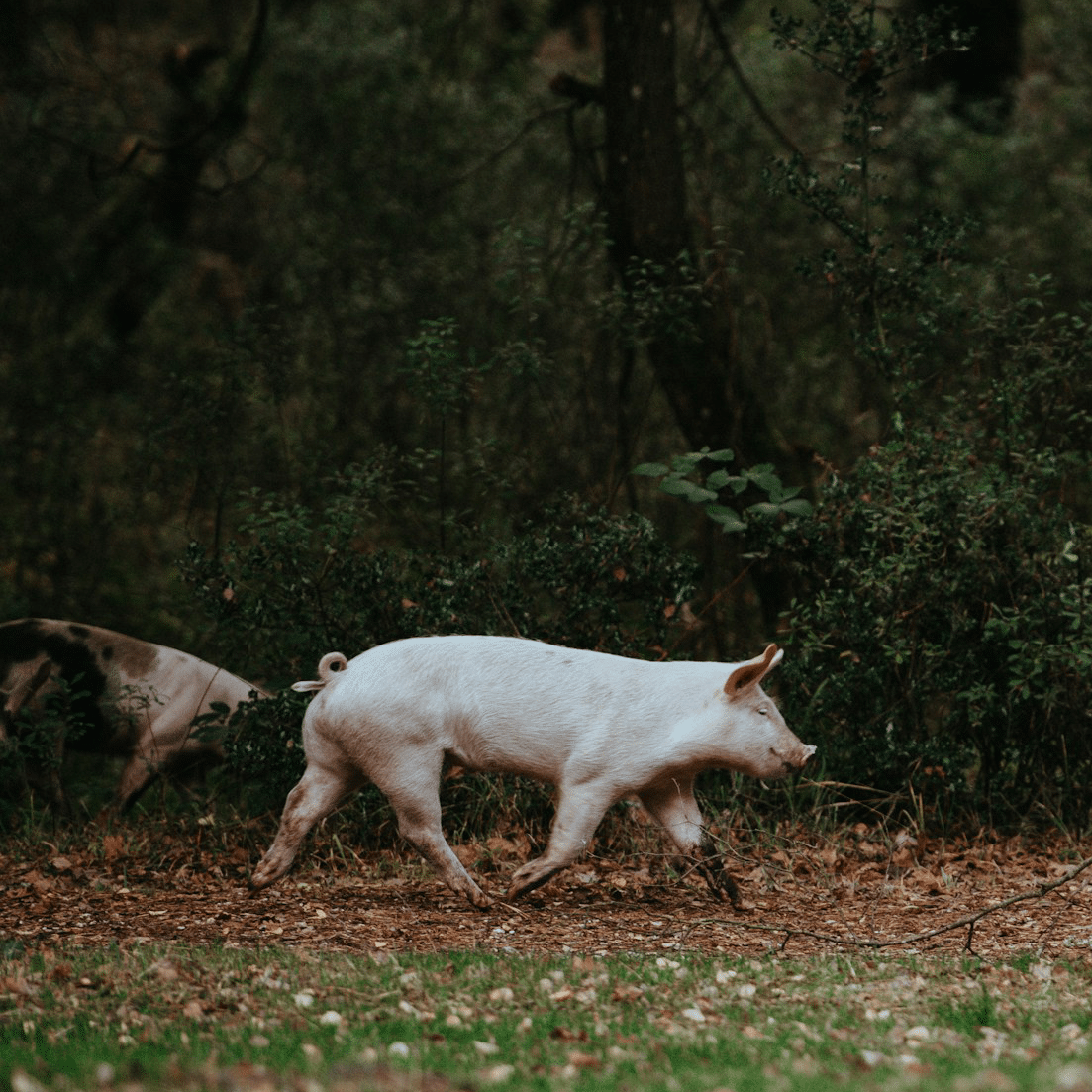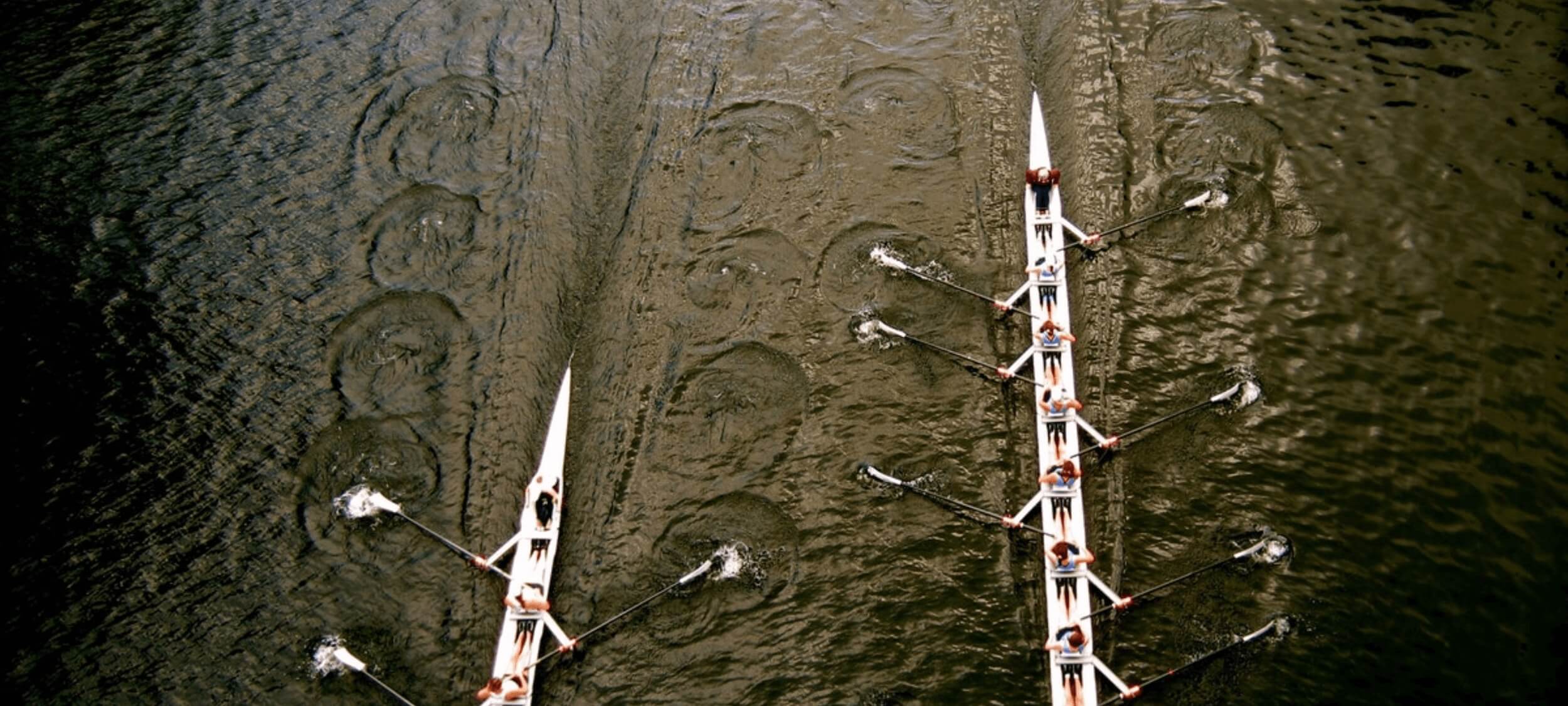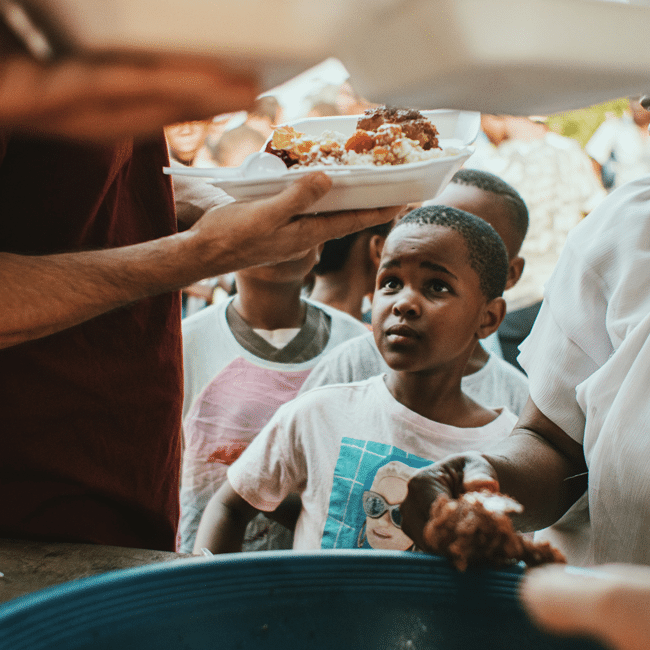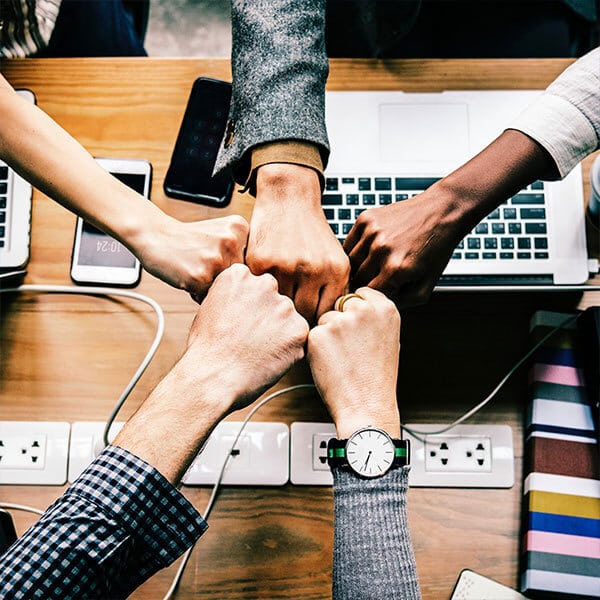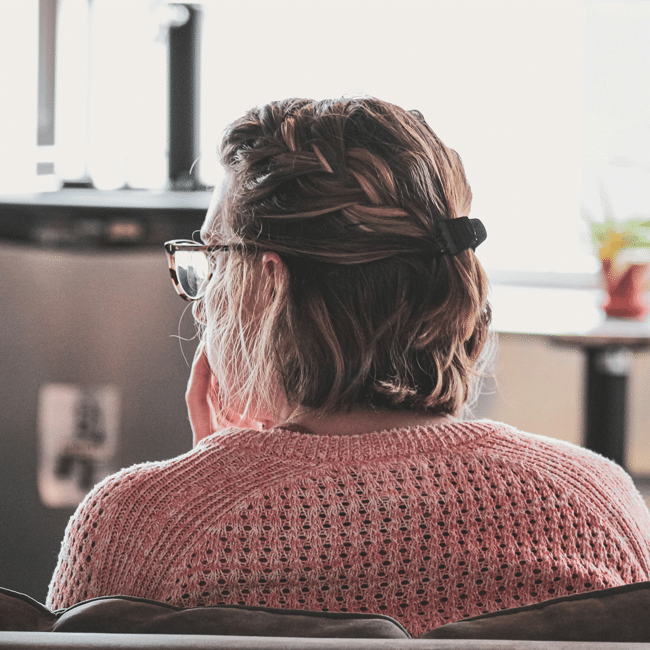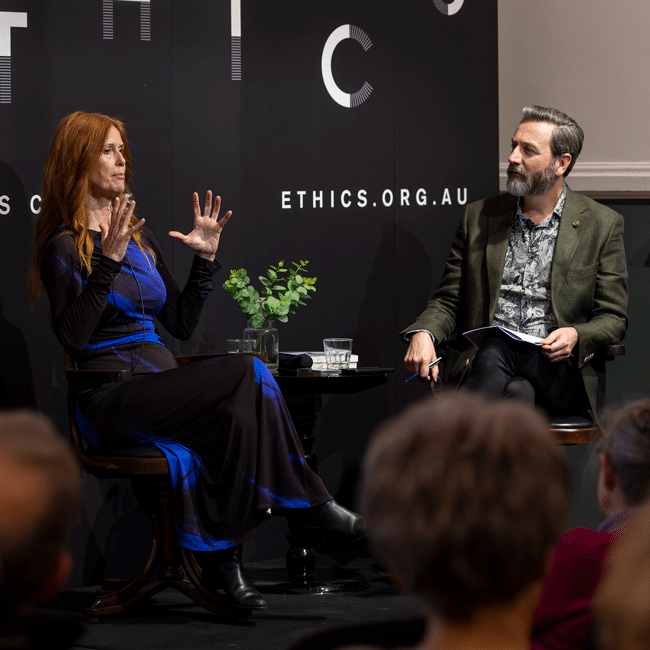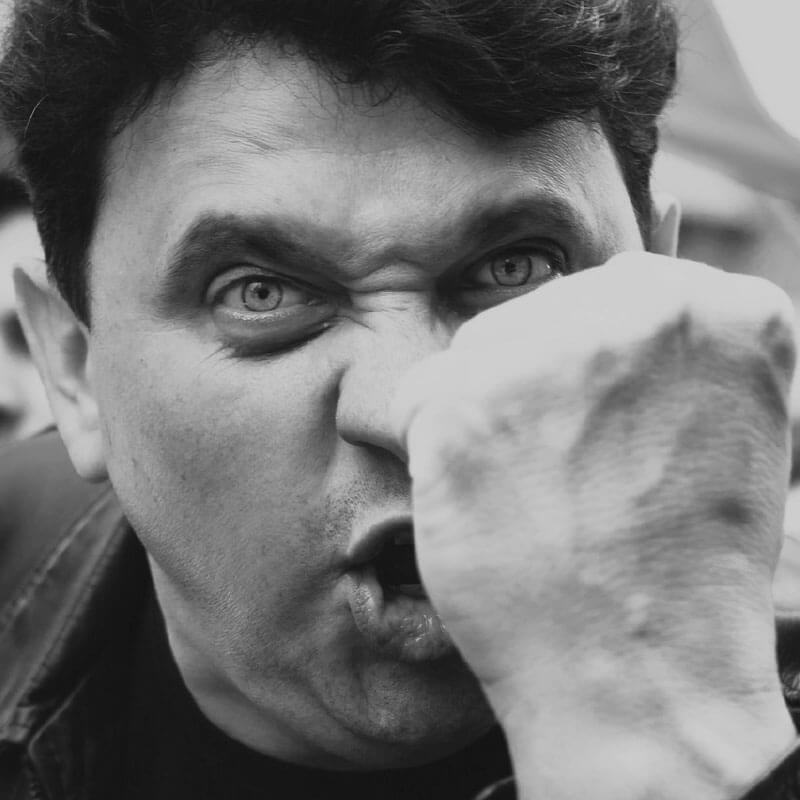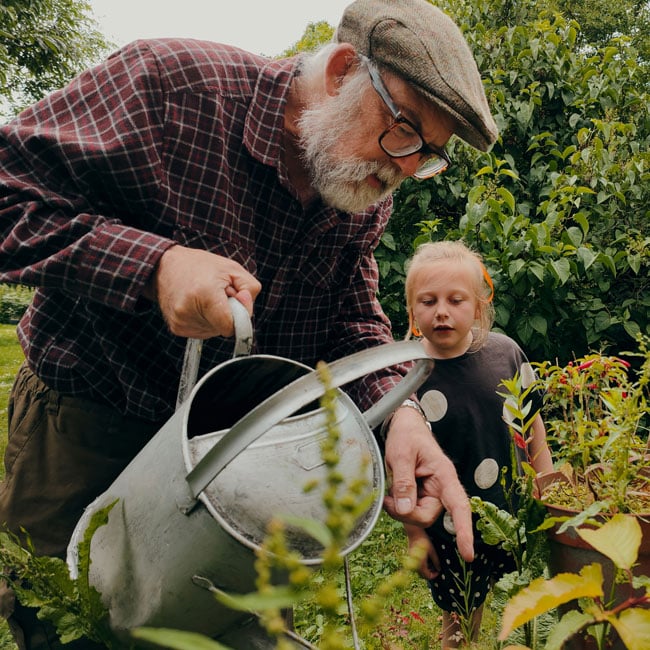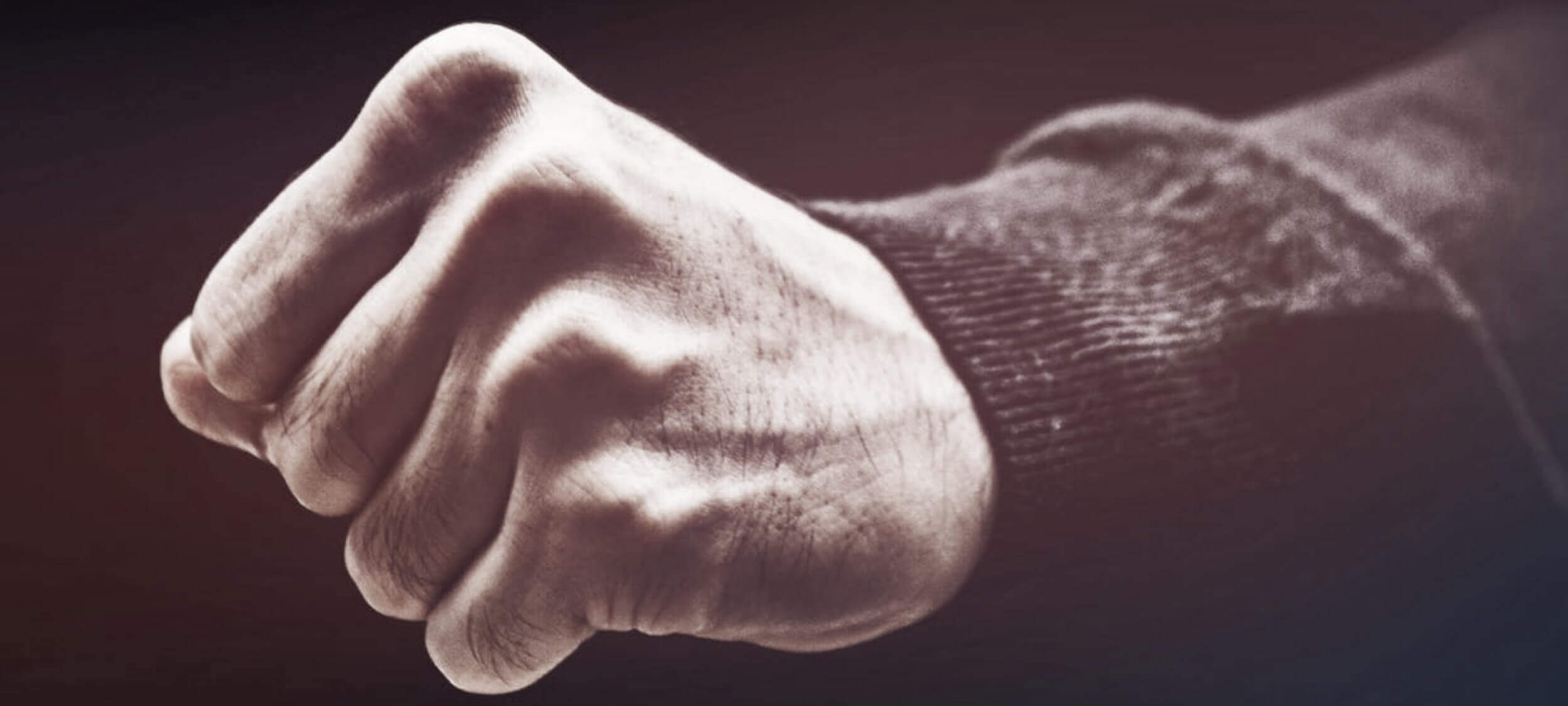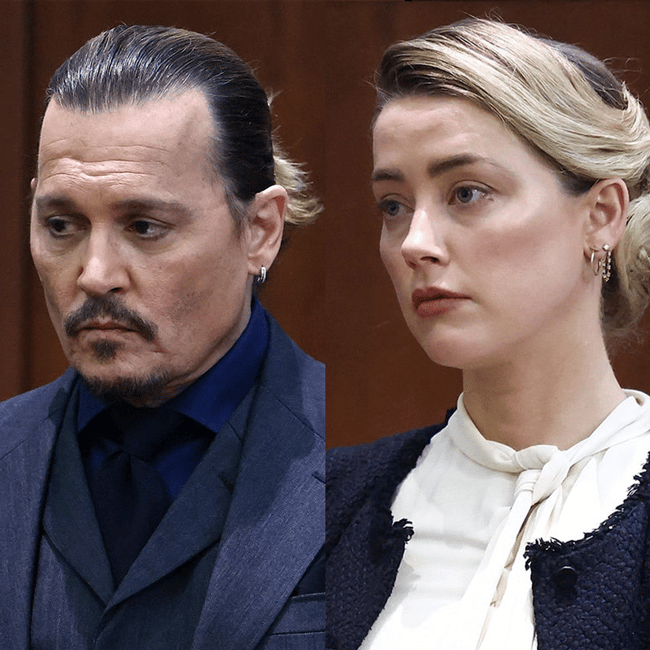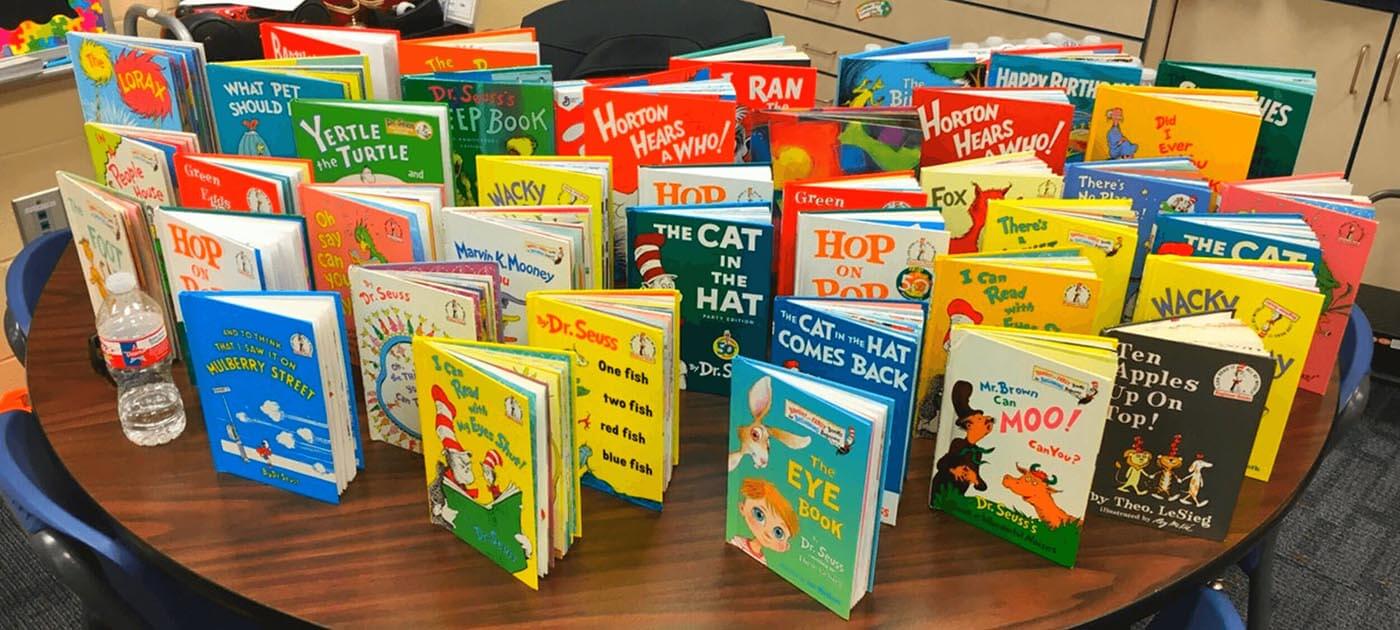Libertarianism and the limits of freedom

Libertarianism and the limits of freedom
Opinion + AnalysisPolitics + Human Rights
BY Joshua Pearl 20 JUL 2021
Libertarianism is the political philosophy that champions individual freedom. But does it really love freedom as much as it claims?
Governments interfere with our lives all the time. They punish us when we say things that they (or others) consider offensive. They make us save money we can only access if we reach a certain age. They engage police that can stop us in the street. They require us to inoculate against disease – even if it is against our wishes. And they demand we give away some of our salaries and assets (in the form of taxes), to be spent on things that may neither benefit nor be agreeable to us.
These are all fairly standard government interferences, even before we consider the more extreme restrictions that we have seen imposed throughout the COVID-19 pandemic.
Most political philosophies permit state interference, with some permitting quite a lot. Social contract theories, from Hobbes in the 17th century to Rawls in the 20th century, contend that citizens have consented either implicitly or explicitly, to give up certain freedoms, in exchange for protection of their remaining freedoms. However, not all political philosophies are as sanguine.
Libertarianism, which champions individual freedom, argues government interference is not only a pesky annoyance, but a violation of our fundamental rights. Libertarians contend that government interference is unjust even if intervention benefits the person being interfered with. Extreme libertarians would even support the right of a person to sell themselves into slavery – and would object to any government that seeks to prevent this.
Libertarianism has its roots in the works of the seventeenth and eighteenth-century liberal philosophers: John Locke, David Hume and Adam Smith. However, modern libertarians find much of their inspiration from Robert Nozick’s Anarchy, State and Utopia (1974). Nozick argues that individuals have strong self-ownership and property rights, rights that cannot be violated. Freedom, the core tenet of libertarianism, is the fundamental good to be affirmed and protected. On this view, we are all free (and equal) individuals, with the uninhibited right to make individual decisions with regard to our lives, our liberty, and the ownership of our property.
Libertarians, however are not anarchists. They do believe in the existence of the state. A libertarian state is one that performs the strictly limited roles of protecting citizens’ self-ownership and property rights and rectifying past transgressions of those rights.
Government’s role is to protect people’s freedom to choose happiness of a kind that is defined by each individual, not as dictated by others. If an individual wants to follow a particular god, that is their choice. If a person wants to buy a particular good or service on the free market, so let them. If a woman wants to marry multiple husbands, that is up to her.
For most right-libertarians, original property ownership (that is staking an ownership on unowned natural resources) is allowable, subject to the somewhat ambiguous Lockean proviso, that “enough and is good” is left for others. Nozick also asserted that when staking an ownership claim, no-one else should be made worse-off than they would otherwise be, which allows for significant variation in original property ownership. Left-libertarians, distinguished from right-libertarians by the very feature of original property ownership, claim everyone has a pro rata right to natural resources such as land, air and minerals.
Libertarianism’s absolute focus on individual freedom is attractive and makes for a consistent and simple political philosophy. It also has broad appeal, attracting strange ideological bedfellows.
Social progressives find attractive the social freedom associated with libertarianism. Governments have no right to punish an individual for taking recreational drugs; it is impermissible for the state to ban marriage between same sex couples; wrong for a country to wage a foreign war or conscript people into the army; and forbidden for government to ban, say, assisted dying.
Economic conservatives are attracted to the libertarian stance that it is wrong for government to take away assets in the form of an inheritance tax; impermissible for the state to impose an income tax for the purpose of redistribution. Indeed, the argument that government has no right to interfere in transactions between consenting adults, underpins the fundamental argument for many free market economists. Those on both the left and right are attracted to the argument that governments have no right to censor free speech.
However, if you think that libertarianism maximises freedom, then you would be wrong. One criticism of libertarianism is that it allows for scenarios which substantially limit freedom. Libertarianism prohibits anything but the very minimum level of taxation. This stance permits gross inequalities across wealth and income, and prohibits the levying of taxes required to fund the provision of state-run services.
As long as people are not interfered with, libertarianism finds it fair for children to be born into a subsistent existence, without access to education or basic healthcare. While these children may be able to do whatever they want without interference, their options and possibilities are severely limited. It is difficult to argue that these children are free in any meaningful sense.
Libertarianism also struggles to deal with negative externalities – the negative effects that individuals’ actions have on unrelated third parties. Companies (and individuals) tend to ignore costs which are imposed on other people. When this occurs, the net total cost to society of the pursuit of individual production and consumption choices, are typically negative.
Emblematic of this problem is climate change. I might enjoy all the benefits of taking a holiday to London, but I impose certain costs associated with green-house emissions that contribute to global warming, on other Australians. Adani’s shareholders and executives may enjoy the higher dividends and salaries from its pursuit of coal mining, but ignore the pollution costs they impose on future generations.
In such cases, libertarians, with their strong insistence of individual freedom, have very little constructive criticism to contribute to considerations regarding potential government intervention mechanisms. A further example concerns COVID-19 vaccination. Should citizens be free to choose whether they are vaccinated, despite the costs a failure to vaccinate imposes on other people? The libertarian position is that forcing someone to be vaccinated is unjust.
Perhaps the most incisive criticism of libertarianism though, is that paradoxically, libertarianism interferes too much.
Property acquisition typically involves a whole suite of historical injustices and the rectification of past injustice is likely to require a great deal of interference. If you are a card-carrying Silicon Valley billionaire libertarian, then you are aware (or at least you should be) that your worldly possessions are contingent upon the injustice of Europeans taking somebody else’s (native Americans’) private property.
Libertarian fairness, requires appropriate rectification. And arguing past injustices do not require rectification is arguing for something quite different to libertarian rules of justice. Most likely, that’s just arguing for self-interest.
Libertarianism has many attractive features and is likely to remain the political philosophy of choice for those who claim to love freedom. However, libertarian freedom is conditional. A world where libertarian rules of justice reign, may in fact result in a world that is not very free at all.
Ethics in your inbox.
Get the latest inspiration, intelligence, events & more.
By signing up you agree to our privacy policy
You might be interested in…
Explainer
Business + Leadership, Politics + Human Rights
Ethics Explainer: Liberalism
Opinion + Analysis
Politics + Human Rights, Relationships, Society + Culture
Of what does the machine dream? The Wire and collectivism
Big thinker
Politics + Human Rights, Relationships
Big Thinker: Dennis Altman
Opinion + Analysis
Politics + Human Rights, Relationships
Standing up against discrimination
BY Joshua Pearl
Joshua Pearl is the head of Energy Transition at Iberdrola Australia. Josh has previously worked in government and political and corporate advisory. Josh studied economics and finance at the University of New South Wales and philosophy and economics at the London School of Economics.
Three ways philosophy can help you decide what to do

Three ways philosophy can help you decide what to do
Opinion + AnalysisRelationships
BY The Ethics Centre 29 JUN 2021
Decisions are a part of being human. But that doesn’t mean they are easy.
Whether big or small, when a choice creates an ethical conflict, or where no option feels right, the path forward can seem out of sight.
These three philosophical concepts are designed to help deliver clarity in complexity. Next time you find yourself facing a dilemma, try running it through each of these to shed new light on the scenario.
The Golden Mean
When you’re trying to work out what the virtuous thing to do in a particular situation is, look to what lies in the middle between two extreme forms of behaviour (the middle being the mean). The mean will be the virtue, and the extremes at either end, vices. One end will usually be an excess, the other end a deficiency.
For example, in a situation that requires courage, there may be one extreme where you might act recklessly, and the other, do nothing out of cowardice. The virtuous response is the mean between these two.
The Sunlight Test
This test a simple way to test an ethical decision before you act on it. Ask yourself: ‘Would I do the same thing if I knew my actions would end up on the front page of the newspaper tomorrow?’
By imagining if your decision – and the reasons you made it – were public knowledge, we must consider our willingness to stand by that choice in a public forum.
Would you be proud of the action if people you most admire knew what you’d done and why? Would you be able to defend your choice? Would other people agree, or at least understand, why you did what you did?
This simple thought exercise helps give clarity on your motivations – so you can see clearer whether the choice is motivated by what is good or right, or by self-interest, reward, external pressures or opinions.
Plato’s Cave
One well known thought experiment is Plato’s allegory of the cave. It goes like this. Prisoners are chained up facing a wall deep within a cave. A fire behind them casts just enough light for them to see images upon the wall, which have been cast by puppeteers. Knowing no alternative, the prisoners believe what they see and hear to be the whole reality.
As the Philosopher John Locke said, “No man’s knowledge here can go beyond his experience”. When faced with a decision, consider the day-to-day experiences, lessons, conversations and modelled behaviour that is shaping what you believe to be ‘reality’.
Are shadow puppets (bias) driving your actions? Can you step outside your own projections on the wall to consider new perspectives and ideas? Can you separate truth from fiction? By challenging the things you believe to be true in any scenario you can make sure that your assumptions hold up to scrutiny.
Still stumped: Ask yourself these three questions:
What are your duties and responsibilities in this situation and to whom?
What counts as a good outcome and how will you know?
What would the wisest person you know say to do in this situation?
Ethi-call is a free helpline designed to provide structured guidance through life’s most challenging dilemmas. If you, or a loved one are facing a decision that leaves you with a bad feeling and no right way out, a conversation can help.
Appointments are with trained ethics counsellors who take you through a framework of prompts and questions that will help clarify the situation and shine a light on what is most important to you.
Make a booking at www.ethi-call.com.
Ethics in your inbox.
Get the latest inspiration, intelligence, events & more.
By signing up you agree to our privacy policy
You might be interested in…
Opinion + Analysis
Relationships, Science + Technology, Society + Culture
5 things we learnt from The Festival of Dangerous Ideas 2022
Opinion + Analysis
Health + Wellbeing, Relationships
Are there any powerful swear words left?
Explainer
Relationships
Ethics Explainer: Ethics
Opinion + Analysis
Politics + Human Rights, Relationships, Society + Culture
In the face of such generosity, how can racism still exist?
BY The Ethics Centre
The Ethics Centre is a not-for-profit organisation developing innovative programs, services and experiences, designed to bring ethics to the centre of professional and personal life.
Ethics Explainer: Love and morality
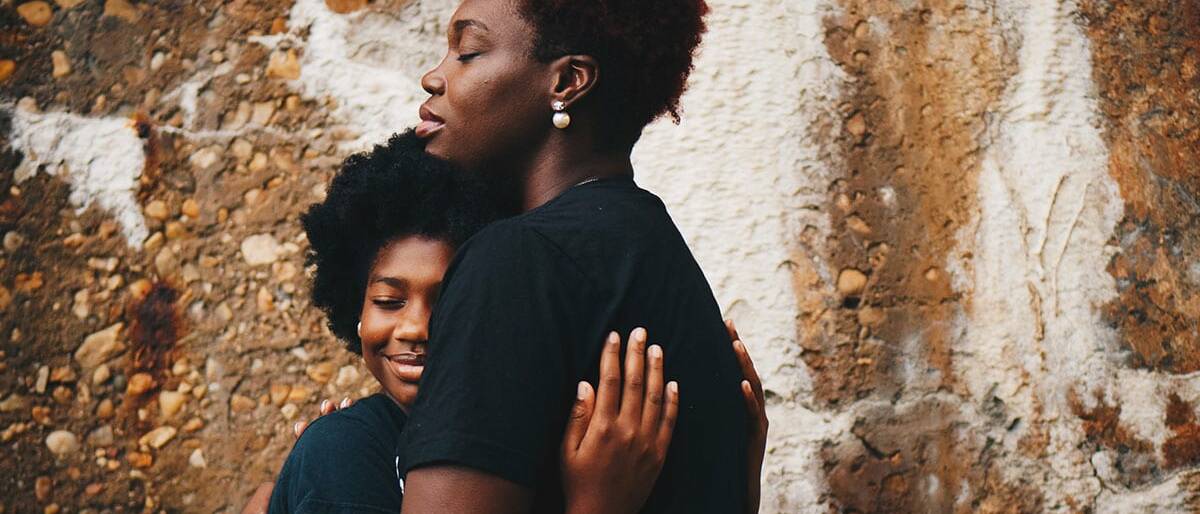
Love has historically played a big role in how we understand the task of treating other people well. Many moral systems hold that love is foundational to doing right.
The Bible, for example, commands us to “love thy neighbour” – not merely to respect or value them, but to love them. Thousands of years later, philosopher and novelist Iris Murdoch wrote that “loving attention” is the core of morality.
In our contemporary understanding of the word, love seems to involve partiality. In all kinds of settings from romantic love to the love in friendship or familial love, loving people seems to mean not loving others. We love our wife, not our neighbours’ wife. We love our friends and our parents, not our boss’ friends or our bus drivers’ father.
In fact, we might think that someone does not love their spouse in any meaningful sense of the word if they also say they love all other people equally – the celebrated essence of love seems to involve choosing some people over others.
This partiality affects our actions as well as our emotions: our parents, friends, and spouses receive more prioritisation, gifts, and emotional attention from us than strangers. This is a celebrated and joyful feature of human life.
Could love in fact be immoral – or amoral? Could behaving lovingly and behaving ethically be two separate tasks – tasks that might sometimes come into conflict?
Morality, has often been thought of as essentially neutral. That is, the moral gaze looks at everyone as equals; not favouring one person over another simply because of our relationship with them. Kantian ethicists, for instance, hold that all people deserve ethical treatment simply because they are persons.
Anyone who is a person deserves to have others not lie to them, disrespect them, enslave their body or seize their property. Thus, the only thing the moral gaze is concerned with is whether someone is a person – and since all people are persons, the moral gaze looks upon all of us equally.
Consequentialist ethics contains a similar commitment to neutrality. For a consequentialist, the moral measure of an action is whether it maximises value. Whose value is maximised has no special claim to our attention; the more value, the better, whether it accrues to my mother or to yours. Since the moral gaze looks to creating the most happiness, it looks at all people equally – as equal vectors of possible happiness.
If morality contains a commitment to neutrality – and if love contains a commitment to partiality – then the moral gaze and the loving gaze might conflict. It might even be the case that love demands acting in ways that morality seems to forbid.
Imagine that you are on a ship which begins to sink. You have held onto the railing but other passengers have not been so lucky, and in the water before you are several strangers struggling to stay afloat. Also in the water, struggling alongside the strangers, is your wife. Are you permitted to throw your wife the one remaining life jacket? Or is her right to life no stronger than any of the strangers’? Love seems to demand that we save our wife, but morality, if it is neutral, seems to offer no automatic reason why we should.
The philosopher Bernard Williams saw a way out of this puzzle. He argued that any person standing on the boat in this situation, who starts thinking about what morality demands, might reasonably be charged with having “one thought too many”. The person should not think “my wife is in the water – what does morality require I do?”. They should simply think “my wife is in the water,” and throw the life jacket.
Williams’ view was that a morally good person is not always thinking about what is morally justifiable. Perhaps, counterintuitively, being a truly ethical person means not always looking through the moral gaze. The question still remains – do love and morality ask us for different things?
Ethics in your inbox.
Get the latest inspiration, intelligence, events & more.
By signing up you agree to our privacy policy
You might be interested in…
Opinion + Analysis
Relationships
Elf on the Shelf is a fun and festive way to teach your child to submit to the surveillance state
Opinion + Analysis
Society + Culture, Relationships
Discomfort isn’t dangerous, but avoiding it could be
Opinion + Analysis
Relationships, Society + Culture
In Review: The Festival of Dangerous Ideas 2018
Opinion + Analysis
Relationships
“I’m sorry *if* I offended you”: How to apologise better in an emotionally avoidant world
BY The Ethics Centre
The Ethics Centre is a not-for-profit organisation developing innovative programs, services and experiences, designed to bring ethics to the centre of professional and personal life.
Ethics Explainer: Particularism

When we ask ‘what is it ethical for me to do here?’, ethicists usually start by zooming out.
We look for an overarching framework or set of principles that will produce an answer for our particular problem. For instance, if our ethical dilemma is about eating meat, or telling a white lie, we first think about an overarching claim – “eating meat is bad”, or “telling lies is not permissible”.
Then, we think through what could make that overarching claim true: what exactly is badness? The hope is that we will be able to come up with an independently-justified, holistic view that can spit out a verdict about any particular situation. Thus, our ethical reasoning usually descends from the universal to the particular: badness comes from causing harm, eating meat causes harm, therefore eating meat is bad, therefore I should not eat this meat in front of me.
This methodology has led to the development of many grand unifying ethical systems; frameworks that offer answers to the zoomed-out question “what is it right to do everywhere?”. Some emphasise maximising value; others doing your duty, perfecting your virtue, or acting with love and care. Despite their different answers, all these approaches start from the same question: what is the correct system of ethics?
One striking feature of this mode of ethical enquiry is how little it has agreed on over 4,000 years. Great thinkers have been wondering about ethics for at least as long as they have wondered about mathematics or physics, but unlike mathematicians or natural scientists, ethicists do not count many more principles as ‘solid fact’ now than their counterparts did in Ancient Greece.
Particularists say this shows where ethics has been going wrong. The hunt for the correct system of ethics was doomed before it set out: by the time we ask “what’s the right thing to do everywhere?”, we have already made a mistake.
According to a particularist, the reason we cannot settle which moral system is best is that these grand unifying moral principles simply do not exist.
There is no such thing as a rule or a set of principles that will get the right answer in all situations. What would such an ethical system be – what would it look like; what is its function? So that when choosing between this theory or that theory we could ask ‘how well does it match what we expect of an ethical system?’.
According to the particularist, there is no satisfactory answer. There is therefore no reason to believe that these big, general ethical systems and principles exist. There can only be ethical verdicts that apply to particular situations and sets of contexts: they cannot be unified into a grand system of rules. We should therefore stop expecting our ethical verdicts to have a universal-feeling structure, like “don’t lie, because lying creates more harm than good”.
What should we expect our ethical verdicts to feel like instead? What does particularism say about the moment when we ask ourselves “what should I do?”. The particularist’s answer is mainly methodological.
First, we should start by refining the question so that it becomes more particular to our situation. Instead of asking “should I eat meat?” we ask “should I eat this meat?”. The second thing we should do is look for more information – not by zooming out, but by looking around. That is, we should take in more about our exact situation. What is the history of this moment? Who, specifically, is involved? Is this moment part of a trend, or an isolated incident?
All these factors are relevant, and they are relevant on their own: not because they exemplify some grand principle. “Occasion by occasion, one knows what to do, if one does, not by applying universal principles, but by being a certain kind of person: one who sees situations in a certain distinctive way”, wrote John McDowell.
Particularism, therefore, leaves a great deal up to us. It conceives of being ethical as the task of honing an individual capacity to judge particular situations for their particulars. It does not give us a manual – the only thing it tells us for certain is that we will fail if we try to use one.
Ethics in your inbox.
Get the latest inspiration, intelligence, events & more.
By signing up you agree to our privacy policy
You might be interested in…
Opinion + Analysis
Relationships, Society + Culture
Barbie and what it means to be human
Opinion + Analysis
Business + Leadership, Relationships
It’s time to take citizenship seriously again
Opinion + Analysis
Society + Culture, Relationships
Where is the emotionally sensitive art for young men?
Explainer
Relationships
Ethics Explainer: Ethics
BY The Ethics Centre
The Ethics Centre is a not-for-profit organisation developing innovative programs, services and experiences, designed to bring ethics to the centre of professional and personal life.
Thought Experiment: The Last Man on Earth

Thought Experiment: The Last Man on Earth
ExplainerClimate + Environment
BY The Ethics Centre 18 MAY 2021
Imagine for a second that the entire human race has gone extinct, with the exception of one man.
There is no hope for humankind to continue. We know, as a matter of certainty, that when this person dies, so too does the human race.
Got it? Good. Now, imagine that this last person spends their remaining time on Earth as an arbiter of extinction. Being themselves functionally extinct, they make it their purpose to eliminate, painlessly and efficiently, as much life on Earth as possible. Every living thing: animal, plant, microbe is meticulously and painlessly put down when this person finds it.
Intuitively, it seems like this man is doing something wrong. But according to New Zealand philosopher Richard Sylvan (though his argument was published under the name Richard Routley before he took his wife’s name when he married in 1983), traditional ethical theories struggle to articulate exactly why what they’re doing is wrong.
Sylvan, developing this argument in the 1960’s, argues that traditional Western ethics – which at the time consisted largely of variations of utilitarianism and deontology – rested on a single “super-ethic”, which states that people should be able to do what they wish, so long as they don’t harm anyone – or harm themselves irreparably.
A result of this super-ethic is that the dominant Western ethical traditions are “simply inconsistent with an environmental ethic; for according to it nature is the dominion of man and he is free to deal with it as he pleases,” according to Sylvan. And he has a point: traditional formulations of Western ethics have tended to exclude non-human animals (and even some humans) from the sphere of ethical concern.
Traditional formulations of Western ethics have tended to exclude non-human animals (and even some humans) from the sphere of ethical concern.
In fairness, utilitarianism has a better history with considering non-human animals. The founder of the theory, Jeremy Bentham, insisted that since animals can suffer, they deserve moral concern. But even that can’t criticise the actions of our last person, who delivers painless death, free of suffering.
Plus, most versions of utilitarianism focus on the instrumental value of things (basically, their usefulness). Rarely do we consider the fact that when we ask “is it useful?” we’re making an assumption about the user – that they’re human.
Immanuel Kant’s deontology begins with the belief that it is human reason that gives rise to our dignity and autonomy. This means any ethical responsibilities and claims only exist for those who have the right kind of ability: to reason.
Now, some Kantian scholars will argue that we still shouldn’t treat animals or the environment badly because it would make us worse people, ethically speaking. But that’s different to saying that the environment deserves our ethical consideration in its own right. It’s like saying bullying is wrong because it makes you a bad person, instead of saying bullying is wrong because it causes another person to suffer. It’s not all about you!
Sylvan describes this view as “human chauvinism”. Today, it’s usually called “anthropocentrism”, and it’s at the heart of Sylvan’s critique. What kind of a theory can condone the kind of pointless destruction that the Last Man thought experiment describes?
Since Sylvan published, a lot has changed – especially with regard to the animal rights movement. Indeed, Australian philosopher Peter Singer developed his own version of consequentialism precisely so he could address some of the problems the theory had in explaining the moral value of animals. And we can now pretty easily say that modern ethical theories would condemn the wholesale extinction of animal life from the planet, just because humans were gone.
But the questions go deeper than this. American philosopher Mary Anne Warren creates a similar thought experiment. Imagine a lab-grown virus gone wrong, that wipes out all human and animal life. That would be bad. Now, imagine the same virus, but one that wiped out all human, animal and plant life. That would, she thinks, be worse. But why?
What is it that gives plants their ethical status? Do they have intrinsic value – a value in and of themselves, or is their value instrumental – meaning they’re good because they help other things that really matter?
One way to think about this is to imagine a garden on a planet with no sentient life. Is it better, all things considered, for this garden to exist than not? Does it matter if this garden withers and dies?
Or to use a real-life example: who suffered as a result of the destruction of the Jukaan Gorge – a sacred site to the Puutu Kunti Kurrama and Pinikura people? Western thought conceptualises this as wrong to destroy this site because it was sacred to people. But for Indigenous philosophical traditions, the destruction was a harm done to the land itself. The land was murdered. The suffering of people is secondary.
Sylvan and others who call for an ecological ethic, believe the failure for Western ethical thought to conceptualise of murdered land or what is good for plants is an obvious shortcoming.
This is revealed by our intuition that the careless destruction of the Last Man on Earth is wrong, even if we can’t quite say why.
Ethics in your inbox.
Get the latest inspiration, intelligence, events & more.
By signing up you agree to our privacy policy
You might be interested in…
Opinion + Analysis
Climate + Environment, Health + Wellbeing
How can we travel more ethically?
Opinion + Analysis
Climate + Environment, Politics + Human Rights
Who is to blame? Moral responsibility and the case for reparations
Big thinker
Climate + Environment
Big Thinker: Henry Thoreau
Opinion + Analysis
Society + Culture, Climate + Environment, Politics + Human Rights
Why you should change your habits for animals this year
BY The Ethics Centre
The Ethics Centre is a not-for-profit organisation developing innovative programs, services and experiences, designed to bring ethics to the centre of professional and personal life.
What do we want from consent education?

What do we want from consent education?
Opinion + AnalysisPolitics + Human RightsRelationships
BY Georgia Fagan 11 MAY 2021
In mid-April this year a government-funded video was released which aimed to teach high-school aged Australians about sexual consent.
The video, which attempted to emphasise the importance of sexual consent by discussing the forced consumption of milkshakes, was widely criticised around the globe. It has since been removed from ‘The Good Society’ site, with secretary of the Department of Education Dr Michele Bruniges citing “community and stakeholder feedback” as reason for the action.
Widespread criticism of the video can be found online about the video’s sole use of metaphor to describe consent. Less present in the discussions is consensus on what a good consent education video would look like.
The underlying assumption in the video released by The Good Society is that issues of sexual consent can be managed by teaching adolescents that the rights of an individual are violated when an aggressor forces a ‘no’, or a ‘maybe’, into a ‘yes’. And, the video tells us, “that’s NOT GOOD!“.
Is it sufficient to tell adolescents to respect the rights of their peers in order to overcome issues of sexual violence? While rights may help us discuss what it is we want our societies to look like, they fail to assist us in getting others to care for, or value, the rights of others.
Sally Haslanger, Ford Professor of Philosophy and Women’s and Gender Studies at MIT (Massachusetts Institute of Technology) argues that actions are shaped by culture, and that cultures are effectively networks of social meanings which work in a variety of ways to shape our social practices. To change undesirable social practices, cultural change must also occur.
For example, successfully managing traffic is not just achieved by passing traffic laws or telling drivers that breaking the law is ‘not good’. Instead, Haslanger tells us that it requires inculcating “public norms, meanings and skills in drivers”. That is, we need a particular type of culture for traffic laws to adequately do what it is we want them to do. Applying this idea to sexual consent, we see that we are required to educate populations about why violating the preferences of our peers is indeed ‘not good’, after all.
Skirting around the issue fails to provide resources to move our culture to better recognise the deep injustice and harms of sexual violence.
Vague, euphemistic videos will likely fail to play even a minor role in transforming our current culture into one with fewer instances of sexual violence. This is due largely to the fact that Australia is comprised of social and political systems which fail to take the violence experienced by women and girls seriously.
Haslanger suggests that interventions such as revised legislation and moral condemnation will be inadequate when enforced onto populations whose values are incompatible with the goals of such interventions.
Attempting to address issues of sexual misconduct indirectly – as seen by The Good Society video – are likely to be unsuccessful in creating long term behavioural change. Skirting around the issue fails to provide resources to move our culture to better recognise the deep injustice and harms of sexual violence.
As Haslanger tells us, so long as we are a culture which has misogyny embedded into it, social practices will continue to develop that cause people to act in misogynistic ways. We are required to reshape our culture in a way that changes the value and importance of women.
So long as we are a culture which has misogyny embedded into it, social practices will continue to develop that cause people to act in misogynistic ways.
So, what will shift and transform embedded cultural practices? A better approach advocates educating audiences why consent is valuable, not just how to go about getting it. A population which fails to value the bodily autonomy and preferences of each of its members equally is not a population that will go about acquiring consent in successful and desirable ways.
Quick fix solutions such as ambiguously worded videos on matters of consent are likely to do very little for adolescents in a school system absent of a comprehensive sexual education, and where conversations on sexual conduct and interpersonal relationships remain marginalised.
We need to aim to create a generation of adolescents who are taught why sexual consent is important and why they should value the preferences of their peers. A culture which continues to keep sex ‘taboo’ by failing to explicitly discuss sexual relationships and the reasons why disrespecting bodily autonomy is “NOT GOOD!” will be one which fails to resolve its endemic misogyny and disregard for the lives of women and girls.
Ethics in your inbox.
Get the latest inspiration, intelligence, events & more.
By signing up you agree to our privacy policy
You might be interested in…
Opinion + Analysis
Business + Leadership, Relationships
The twin foundations of leadership
Opinion + Analysis
Politics + Human Rights
Is constitutional change what Australia’s First People need?
Opinion + Analysis
Climate + Environment, Politics + Human Rights
Limiting immigration into Australia is doomed to fail
Opinion + Analysis
Politics + Human Rights
Can beggars be choosers?
BY Georgia Fagan
Georgia has an academic and professional background in applied ethics, feminism and humanitarian aid. They are currently completing a Masters of Philosophy at the University of Sydney on the topic of gender equality and pragmatic feminist ethics. Georgia also holds a degree in Psychology and undertakes research on cross-cultural feminist initiatives in Bangladeshi refugee camps.
It’s time to consider who loses when money comes cheap
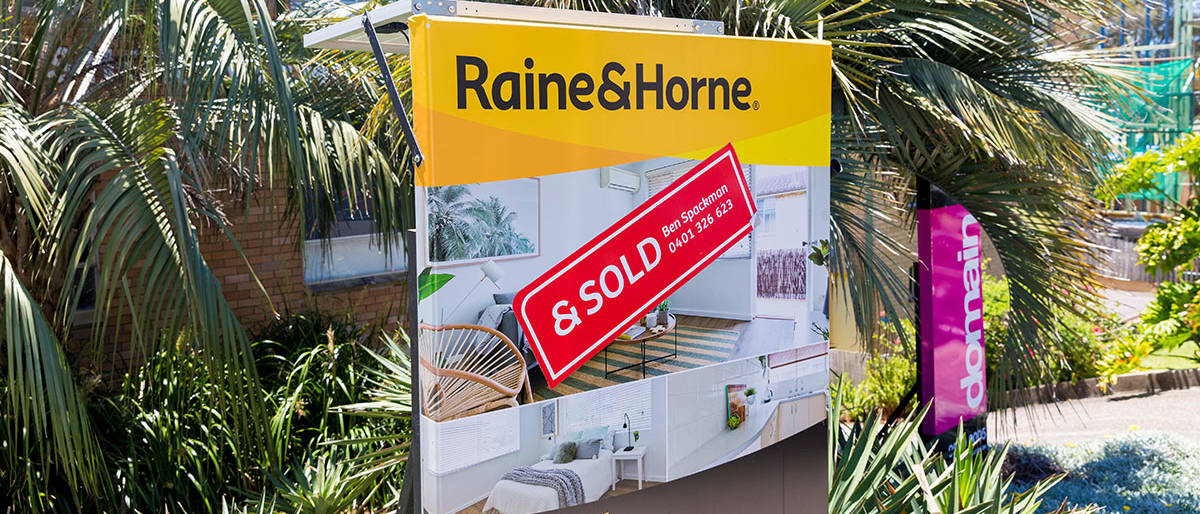
It’s time to consider who loses when money comes cheap
Opinion + AnalysisBusiness + Leadership
BY Joshua Pearl 21 APR 2021
Monetary policy has yielded substantial social and economic benefits to modern economies.
Not least the achievement of low and predictable price stability. But to whose benefit?
It’s no secret that monetary policy increases the wealth inequality gap. That’s because it benefits those with assets, and by doing so it widens the chasm between the very rich and everyone else, making many Australians – in particular, the least financially secure – worse off.
While governments and central banks are openly aware of the inequalities these policies create, they have not taken measures to appropriately address the issue – the first step of which would be to update the RBA’s mandate.
Let me explain why. The Reserve Bank of Australia (RBA) has again announced that it’s kept the official cash rate on hold at 0.1 per cent, with the possibility it will remain thus until 2024. An RBA document released under a Freedom of Information request estimated that a permanent 1% cash rate reduction increases house prices by 30% over a three-year period.
For a middle-class family who own a $800k (median Australian) home, a 1% interest rate reduction increases their wealth by $240k. For the very rich who own a $100m portfolio of properties, their wealth increases by $30m, a windfall gain $29.76m greater than that of the middle-class.
For the one-third of Australians who do not own a home, not only does their net wealth remain unchanged, but the cost of entry becomes substantially higher. They are forced to work, save and pay more for essential assets such as housing, perpetuating the cycle and widening the gap.
The fiscal equivalent is government awarding a grant of $30m to people with $100m in assets; $240k to people with $800k in assets; and nothing to people without assets.
You don’t need to be an arch-communist to consider these outcomes unfair. However, the nature of the unfairness will depend upon the theory of justice invoked. For example, equality of outcome theory finds the unequal impacts of monetary policy unjust because Australians end up with different outcomes.
Alternatively, a Rawlsian theory of justice contends that social inequality is permissible only where the inequality benefits the least well-off to the greatest extent possible – a principle known as the difference principle. For a Rawlsian, existing monetary policies are unjust because there are alternate policies (including tax and transfer and direct cash transfer policies), that would be of greater benefit to the least well-off members of society.
The theory of justice I find most compelling is equality of opportunity. Like most theories of justice, equality of opportunity can be interpreted in different ways. What I have in mind is substantive equality of opportunity theory, which holds a fair society as one where individuals with the same level of talent and motivation, have the same prospects for success, regardless of their place in the social system.
Most Australians believe equality of opportunity is an important feature of our national ethos. Indeed, many Australian politicians cite equal opportunity as a key element of a just society (even if this rhetoric is not always followed with policy). Yet what we are seeing here is falling short of that ideal.
Monetary policy that penalises the least well-off and rewards people based on their starting level of wealth does not provide Australians with equal opportunity.
Indeed, justifying why the very rich deserve windfall gains is challenging unless one ascribes to the slightly perverse virtue theory that to have wealth is to deserve more wealth.
One solution is for government to tax and transfer windfall monetary policy gains. This policy might allocate an equal benefit to each Australian, or otherwise ensure each Australian has an equal opportunity to benefit.
While simple in theory, there are several practical shortcomings with this approach. One issue is measurement: for any asset value increase, determining the increase due to monetary policy versus other factors, such as asset improvements, is not straightforward. Another issue is timing: there is typically a substantial lag between monetary policy actions and asset value increases.
However, it seems to me, the most substantial issue is political pressure from vested interest groups. Taxing assets – regardless of whether people have earned those assets or the assets were merely granted to them through government policy – is eminently harder than simply not transferring windfall wealth in the first place.
Finding prevention, rather than jumping straight to the cure, has the added benefit of avoiding the unnecessary social antagonism that occurs when creating groups of “us” (the “lifters” who are taxed) and “them” (the “leaners” who receive).
A preventative solution can be found in updating the RBA’s mandate, a change that might take on various degrees. The more substantiative update would be to require all future monetary policy to produce no negative impact on wealth inequality. This would make some existing policies unviable or mean that if pursued they must be coupled with additional mechanisms that even up the ledger for the middle and lower classes.
A middle ground alternative might merely begin by requiring the RBA to consider unfair wealth impacts as tiebreakers. For example, when all other features of opposing policy are equal, that which provides all Australians equal opportunity to benefit would be considered preferential. This mandate should require the RBA to consider various options and justify those adopted on the principle of fairness, relative to the alternatives that were overlooked.
Reserve Bank Governor, Dr Philips Lowe recently stated that the responsibility for controlling asset prices is not that of the RBA: “That’s not our mandate. I don’t think it’s sensible and I don’t think it’s even possible”.
That the RBA cannot and does not control asset prices is similar to the fact that the RBA cannot and does not control the social phenomenon of inflation.
Yet the RBA can and does influence asset prices, simply look at the ripple effect of the 0.1% cash rate. The RBA can and does also target asset prices, noting the RBA bond-buying programs which are designed to prop up bond prices. To suggest otherwise is misleading.
Like any other public institution, the RBA is accountable to those they serve – the general public – not to their own ends. And the Australian public may want a little more rigour in that accountability than, ‘that’s not our mandate’ when dismissing the policy options put forth by economists such as Milton Friedman, Frederic Mishkin and Patrick Honohan.
It might be true that alternative policy options such as cash transfers through the budget (where the central bank issues money directly to the government who distribute it) or direct cash transfers (where the central bank issues money directly) are unworkable.
However, allowing the RBA to dismiss their policies’ negative effects because their mandate does not require this consideration, is not something Australians should consider acceptable.
Ethics in your inbox.
Get the latest inspiration, intelligence, events & more.
By signing up you agree to our privacy policy
You might be interested in…
Opinion + Analysis
Business + Leadership, Relationships
Employee activism is forcing business to adapt quickly
Opinion + Analysis
Business + Leadership, Relationships, Science + Technology
Are we ready for the world to come?
Opinion + Analysis
Health + Wellbeing, Business + Leadership
Teachers, moral injury and a cry for fierce compassion
Opinion + Analysis
Science + Technology, Business + Leadership
3 things we learnt from The Ethics of AI
BY Joshua Pearl
Joshua Pearl is the head of Energy Transition at Iberdrola Australia. Josh has previously worked in government and political and corporate advisory. Josh studied economics and finance at the University of New South Wales and philosophy and economics at the London School of Economics.
Pop Culture and the Limits of Social Engineering

Pop Culture and the Limits of Social Engineering
Opinion + AnalysisHealth + WellbeingRelationships
BY Lauren Rosewarne 19 APR 2021
In recent weeks, Unilever—the company behind a swag of domestic and personal care brands like Ponds and Lynx and Vaseline—announced that it would abandon “excessive digital alterations” in its advertising.
This isn’t a new public preoccupation for the company: in the 2010s one of its brands, Dove, aimed to position itself as a progressive corporation passionate about self-esteem and body image. Cue soap sales pitches packaged up with messages about hair-love and the perils of Photoshop.
I’m less interested in Unilever’s latest marketing gimmick, and much keener to examine the cultural debates that such a move contributes to.
In conversations with students about pop culture it quickly becomes apparent that most are convinced that The Media is a problem. Entertaining, enthralling, escapist, sometimes even educative – but a problem nonetheless. Students are always exceedingly well prepared to talk about the ways that The Media impacts self-esteem and are often armed with data on the extent of digital manipulation, ready to share robust views on “bias”.
Admittedly, I quite love that media literacy is like fluoride in the water for a generation and thoroughly appreciate that they can spot a filter or digital liposuction-induced wall-warp a mile away.
Being able to detect these things is an essential skill in navigating the glossy touts covering our screens. But such skills often lead to overconfidence about the next bit of the equation: what happens after we view all these artfully tweaked photos. About the consequences.
Such ideas aren’t new. Debates about the power and influence of media have kept scholars busy for over a century: radio was going to dangerously distract us, television was going to morally corrupt us, and the addictive properties of the internet would prevent us ever again turning away from our screens.
In discussing media content, in recognising a digitally altered photograph, we seem to dramatically overestimate our ability to predict what’s done with this information. Somehow apparently, instinctually, we just know that these images contribute to how we feel about our bodies, our relationships, our happiness. We just know that if The Media did a “better job” —reflected our lives more accurately, portrayed us in our full diversity and complexity —we’d have a better, more tolerant, less violent and vitriolic world.
In recognising a digitally altered photograph, we seem to dramatically overestimate our ability to predict what’s done with this information.
In talking about The Media as though it’s just one thing, one entity, and that the meetings are held on Thursdays to plot an agenda, overlooks not only the enormous variety of content—produced by different people in different countries with different budgets and different politics—but with the overarching agenda of just making money.
The output that we’re discussing when we refer to The Media —films and television and advertisements and news —are commercial endeavours. Content can absolutely be commercial and creative, or commercial and ideological. But when the primary goal is making money, suddenly all the social engineering often speculated upon is, in fact, just ways of interpreting content made purely to capture and hold our attention long enough to pay the bills.
Add to this, the nature of contemporary media consumption means not only are we getting a broader range of content but we’re dipping in and out of different eras of productions too: new episodes of shows stream on the same platforms as decades old movies and series. Add to this our ready access to content created all over the world. Such a broad catalogue complicates the idea of homogenous messages about anything, let alone beauty standards or cultural values.
The nature of pop culture means its content is consciously created for a broad audience. This doesn’t mean it’s not artistic or political or renegade —it can and sometimes is all of these things. But material produced for a popular audience is primarily made to make money; everything else it might achieve is an externality. Presuming all content producers are somehow in cahoots on an external cultural agenda is misguided.
Kidding ourselves that it’s the job of entertainment media to educate or flatter, overlooks the commercial underpinnings of pop culture.
Placing blame on The Media for our fraught feelings about our bodies, bank balances, love life overlooks there is no single Media entity but rather thousands of individual views, clicks, and likes that we electively undertake and which each play parts in shaping our world views, and which validate the very production decisions we often decry.
This project is supported by the Copyright Agency’s Cultural Fund.
Ethics in your inbox.
Get the latest inspiration, intelligence, events & more.
By signing up you agree to our privacy policy
You might be interested in…
Explainer
Relationships
Ethics Explainer: Ad Hominem Fallacy
Opinion + Analysis
Society + Culture, Relationships
Do we exaggerate the difference age makes?
Explainer
Relationships
Ethics Explainer: Love and morality
WATCH
Relationships
What is the difference between ethics, morality and the law?
BY Lauren Rosewarne
Lauren Rosewarne is an Associate Professor at the University of Melbourne. She is the author of 11 books, her latest—Why We Remake: The Politics, Economics and Emotions of Film and TV Remakes—was released in 2020.
The role of emotions in ethics according to six big thinkers

The role of emotions in ethics according to six big thinkers
Opinion + AnalysisRelationships
BY The Ethics Centre 16 APR 2021
It’s not easy to provide a clear definition of emotions. Philosophers and psychologists still haven’t agreed on what they are or whether they’re ethically important.
Most of us have lots of emotions and can name a dozen off the top of our heads pretty quickly. But there’s a lot more to understand. Why do they matter? Are we in control of our emotions? Should we prioritise our reason over our emotion?
Let’s take a look at what philosophy has to say.
Plato: reason rules emotion
For Ancient Greek philosopher Plato, emotion was a core part of our mind. But although it was core, he didn’t think emotions were very useful. He suggested we imagine our mind like a chariot with two horses. One horse is noble and cooperative, the other is wild and uncontrollable.
Plato thought the chariot rider was our reason and the two horses were different kinds of emotions. The noble horse represents our ‘moral emotions’ like righteous anger or empathy. The cranky horse represents more basic passions like rage, lust and hunger. Plato’s ideas set the precedent for Western philosophy in placing reason above and in control of our emotions.
Aristotle: what you feel says something about you
Aristotle had similar ideas and believed the wise, virtuous person would feel the right emotions at the right times. They would be depressed by sad things and angered by injustice. He also believed this appropriate kind of feeling was an important measure of whether you were a good person. He didn’t think you could separate the kind of person you were from the way you felt.
So if you find it funny when someone slips over in a puddle, Aristotle would argue that says something about you. It doesn’t matter whether you then offer them a towel or ask if they’re okay. The amusement you felt in response to their suffering reflects your character. He thought your job is to work hard so instead of laughing at such situations, you feel empathy and concern.
Hume: emotion rules reason
Scottish philosopher David Hume thought this view was naive. He famously said reason is “the slave of the passions”. By this he meant our emotions lead our reason – we never choose to do anything because reason tells us to. We do it because an emotion pushes us to act. For Hume, reason isn’t the charioteer driving our emotions, it’s more like the wagon being pulled along with no control over where it’s headed. It’s the horses – our emotions – calling the shots.
Hume and his friend Adam Smith developed a theory of moral sentiments that used emotion as the basis for their ethical theory. For them, we act virtuously not because our reason tells us it’s the right thing to do, but because doing the right thing feels good. We get a kind of ‘moral pleasure’ from acting well.
Kant: emotion strips our agency
Immanuel Kant thought this whole approach was entirely wrongheaded. He believed emotion had no place in our ethical thinking. For Kant, emotions were pathological – a disease on our thinking. Because we have no control over our emotions, Kant thought allowing them to govern our thinking and action made us ‘automated’, and that it is the only reason that made us autonomous and capable of making truly free decisions.
Freud: our unconscious drives us
More recent ideas have questioned whether there is such a thing as ‘pure reason’ (a concept Kant named one of his books after). Psychoanalysts like Sigmund Freud encouraged us to see our motivations as driven by unconscious urges and inclinations. More recent work in neuroscience has revealed the role unconscious bias and heuristics play in our beliefs, thinking and decisions.
This might make us wonder whether the idea that reason and emotion are two separate, rival forces is accurate. Another mode of thinking suggests our emotions are part of our reason. They express our judgements about how the world is and how we’d like it to be. Are we passive victims of our emotions? Do we spontaneously ‘explode’ with anger? Or is it something we choose? Our answer will help us determine how we feel about things like ‘crimes of passions’, impulsive decisions and how responsible we are for the feelings of other people.
Carol Gilligan: What is this sexist nonsense?
You may have noticed that all the names on this list so far are men. For psychologist Carol Gilligan, that’s not a coincidence. In her influential work In a Different Voice: Psychological Theory and Women’s Development, Gilligan argued that the widespread suspicion of ethical decisions made on the basis of emotion, concern for other people and a desire to maintain relationships was sexist. Most theorists had argued that reason, not emotion, should drive our decisions. Gilligan pointed out that most of the ‘bad’ ways of making decisions (like showing care for certain people or using emotion as a guide) tended to be the ways women reasoned about moral problems. Instead, she argued that a tendency to pay mind to emotions, value care and connection and prioritise relationships were different modes of moral reasoning; not suboptimal ones.
For a long time, reason and emotion have been pitted against one another. Today, we’re starting to understand that, in many ways, emotions and reason are the same. Our emotions are judgements about the world. Our reasoning is informed by our mood, our environment and a range of other factors. Perhaps the question shouldn’t be “should we listen to our emotions?” but instead “how do we develop the right emotional responses at the right time?” That way, we can rely on our emotions as one of many pieces of information we can use to make better decisions.
Follow The Ethics Centre on Twitter, Facebook, Instagram and LinkedIn.
Ethics in your inbox.
Get the latest inspiration, intelligence, events & more.
By signing up you agree to our privacy policy
You might be interested in…
Opinion + Analysis
Relationships
Violent porn and feminism
Opinion + Analysis
Business + Leadership, Relationships
Game, set and match: 5 principles for leading and living the game of life
Opinion + Analysis
Relationships
Want men to stop hitting women? Stop talking about “real men”
Explainer
Relationships
Ethics explainer: Nihilism
BY The Ethics Centre
The Ethics Centre is a not-for-profit organisation developing innovative programs, services and experiences, designed to bring ethics to the centre of professional and personal life.
Big Thinker: Immanuel Kant

Immanuel Kant (1724—1804) was a transformative figure in modern Western philosophy due to his ground-breaking work in metaphysics and ethics.
He was one of the most influential philosophers of the 18th century, and his work in metaphysics and ethics have had a lasting impact to this day.
One of Kant’s greatest contributions to philosophy was his moral theory, deontology, which judges actions according to whether they adhere to a valid rule rather than the outcome of the action.
According to Kant’s theory, if you follow a valid moral rule, like “do not lie”, and it ends up with people getting harmed, then you’ve still done the right thing.
Deontology has since become one of the “big three” moral frameworks in the Western tradition, along with virtue ethics (based on Aristotle’s work) and consequentialism (exemplified by utilitarianism).
The will
Kant argued that morality cannot be based on our emotions or experience of the world, because this would leave it weak and subjective, and lacking the unconditional obligation that he believed was central to moral law.
“Every one must admit that a law has to carry with it absolute necessity if it is to be valid morally – valid, that is, as a ground of obligation,” he wrote.
His concern was that without this sense of unconditional obligation, a moral rule like ‘do not lie’ could compete with and be overridden by other concerns, like someone deciding they could lie because it suits their interests to do so, and they value their interests more than morality.
Rather, Kant argued that morality must be based on reason, which alone can provide the unconditional necessity that makes morality override our subjective interests.
Kant’s starting point was with our very nature, as inherently rational beings with ‘free will.’ He argued that it was this will that sets us apart as ’persons’ rather than ’things’ in the world, which are at the mercy of causal forces.
Our will gives us the ability to not only decide how to achieve our ends, but also about which ends to pursue; that’s just what freedom means. However, Kant argued that when we understand our nature as rational beings, we will understand that reason commands us to behave in a certain way, and this could form the basis of objective moral law.
The Categorical Imperative
Kant drew a famous distinction between different types of commands, or imperatives, which direct us how to act. One type are hypothetical imperatives.
So, one hypothetical imperative might say if you want to get to the 5:05 PM bus on time, then you must leave home no later than 5 p.m. Many moral systems of his time were effectively based on hypothetical imperatives, with the ends being things like achieving happiness or satisfying our interests.
However, Kant believed that such hypothetical imperatives could not be the basis of morality, as morality must bind us to act unconditionally and irrespective of any other ends we might have. Hence, someone who followed hypothetical imperatives in order to achieve ends like satisfying their desires or to avoid punishment was not acting morally.
He contrasted these with categorical imperatives do bind us unconditionally, no matter what other ends we might have. Kant argued that morality must be made up of categorical imperatives, as these are the only rules that can give morality its unconditional necessity.
“If duty is a concept which is to have meaning and real legislative authority for our actions, this can be expressed only in categorical imperatives and by no means in hypothetical ones,” he wrote.
The question becomes: where do categorical imperatives come from? Kant argued that there is really only one categorical imperative, and it is derived from our very nature as rational agents.
Once we abstract away all the contingent circumstances and subjective desires that people have, all we’re left with is our rational nature, which is something shared by all persons with a will. This objective point of view, stripped of all subjectivity, treats all rational agents equally, thus any imperative that directs them must apply universally.
From this Kant arrived at the categorical imperative, which is usually stated as “act only according to a maxim by which you can at the same time will that it shall become a general law”. This made all moral commands universal, so if something was wrong for me, then it must be wrong for all rational beings at all times.
This categorical imperative became the basis of all of Kant’s moral laws, effectively enshrining a particularly rarefied version of the Golden Rule.
Kingdom of Ends
Because we are inherently rational agents, we are both the authors and the subjects of the moral law. As such, Kant said that every person – indeed, every rational being – is an “end in himself, not merely as a means for arbitrary use by this or that will”.
This means we must treat all rational beings as ends in themselves and not just as means to achieve whatever ends we might have.
So, Kant argued, if every rational agent were to obey the categorical imperative, and treat everyone else as ends and not means, then it would lead to what he called the “kingdom of ends.”
It’s a kingdom in the sense that it’s a union of individuals who are all acting under a common law, and in this case the law is the categorical imperative, which urges everyone to treat everyone else as an end in themselves.
Kant admitted that this would be something of a moral utopia, but he put it forward as a vision for what a truly rational moral society might look like.
Controversy and Influence
Kant’s deontological ethics has been hugely influential but also controversial, being criticised by many philosophers as being based on an unrealistic conception of human rationality as well as being overly inflexible.
For example, Kant argued that it was always wrong to lie, because if one were to lie it would effectively endorse lying for everyone, and this would violate people’s rational autonomy.
However, we can imagine some situations where lying might be considered to be the right thing to do, such as lying to a prospective murderer in order to conceal their potential victims. Not to mention lying to one’s partner about their sartorial choices in order to maintain a harmonious domestic environment.
This is why many ethical consequentialists, who believe that it’s outcomes that really matter, have been known to gnash their teeth at the prospect that Kant demands we never lie.
Some thinkers have also – perhaps uncharitably – said that Kant effectively remade a kind of divine command theory of morality, which was popular in his Lutheran Christian community, except he replaced God with Reason (and even then, snuck a bit of God in on the side).
Kant’s philosophy has proven to be tremendously influential. His synthesis of empiricism and rationalism proved to be a breakthrough at the time, and his moral theory still has ardent defenders to this day.
Ethics in your inbox.
Get the latest inspiration, intelligence, events & more.
By signing up you agree to our privacy policy
You might be interested in…
Opinion + Analysis
Politics + Human Rights, Relationships, Society + Culture
You won’t be able to tell whether Depp or Heard are lying by watching their faces
Opinion + Analysis
Relationships, Society + Culture
FODI launches free interactive digital series
Opinion + Analysis
Business + Leadership, Relationships, Society + Culture
Extending the education pathway
Opinion + Analysis
Climate + Environment, Relationships
















